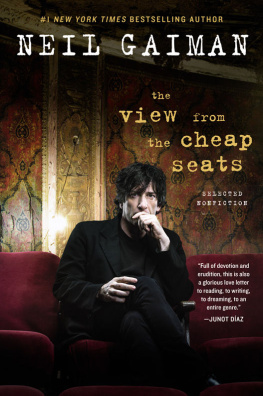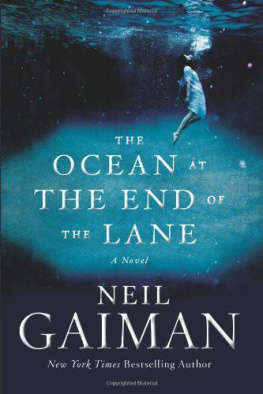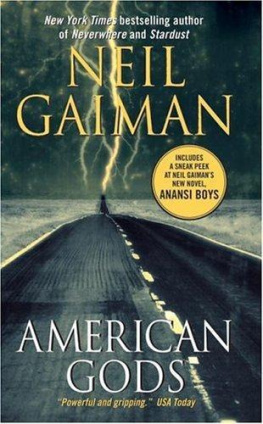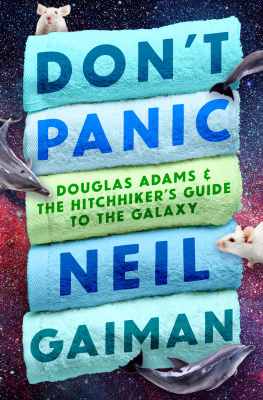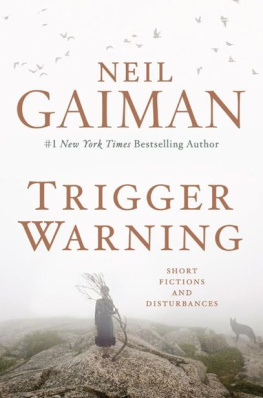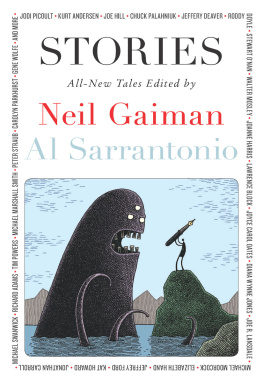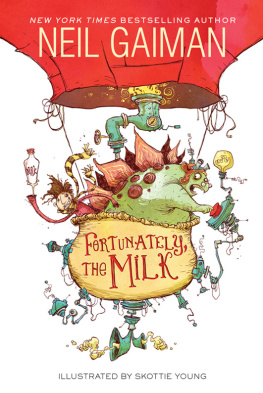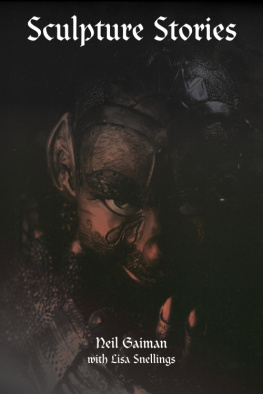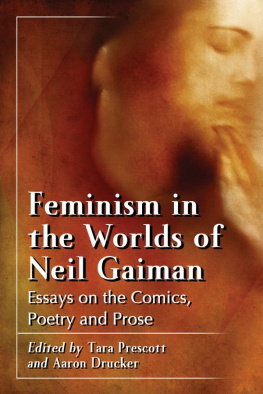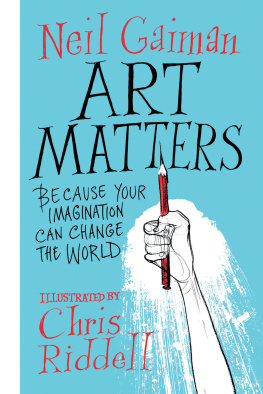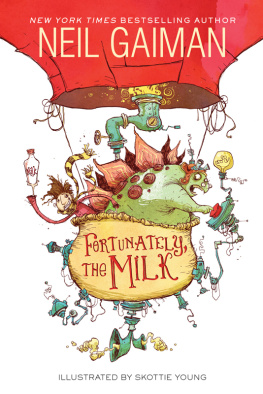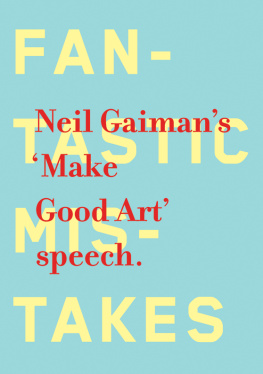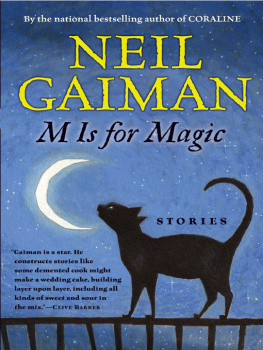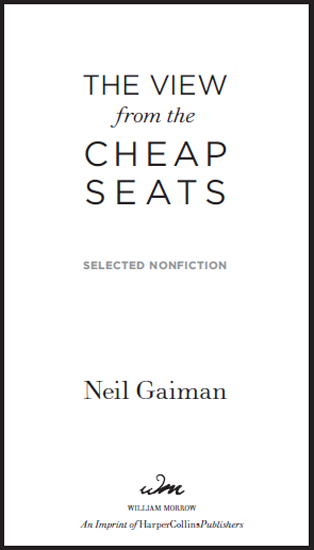for when he is grown.
a long time ago.
I fled, or at least, backed awkwardly away from journalism because I wanted the freedom to make things up. I did not want to be nailed to the truth; or to be more accurate, I wanted to be able to tell the truth without ever needing to worry about the facts.
And now, as I type this, I am very aware of a huge pile of paper on the table beside me, with words written by me on every sheet of the paper, all written after my exit from journalism, in which I try very hard to get my facts as right as I can.
I fail sometimes. For example, I am assured by the Internet that it is not actually true that the illiteracy rates of ten- and eleven-year-olds are used as a measure by which future prison cells are built, but it is definitely true that I was told this at an event at which the thenhead of education in New York assured us that this was the case. And this morning, listening to the BBC news, I learned that half of all prisoners in the UK have the reading age of an eleven-year-old, or below.
This book contains speeches, essays and introductions. Some of the introductions made it into this volume because I love the author or the book in question, and I hope my love will be contagious. Others are here because, somewhere in that introduction, I did my best to explain something that I believe to be true, something that might even be important.
The authors from whom I learned my craft, over the years, were often evangelists. Peter S. Beagle wrote an essay called Tolkiens Magic Ring, which I read as a small boy and which gave me Tolkien and The Lord of the Rings. A few years later H. P. Lovecraft, in a long essay, and after him Stephen King, in a short book, both told me about authors and stories that had shaped horror, and without whom my life would be incomplete. Ursula K. Le Guin wrote essays, and I would track down the books she talked about to illustrate her ideas. Harlan Ellison was a generous writer, and in his essays and collections he pointed me at so many authors. The idea that writers could enjoy books, sometimes even be influenced by them, and point other people at the works that they had loved, seemed to me to make absolute sense. Literature does not occur in a vacuum. It cannot be a monologue. It has to be a conversation, and new people, new readers, need to be brought into the conversation too.
I hope that, somewhere in here, I will talk about a creator or their worka book, perhaps, or even a film or a piece of musicthat will intrigue you.
I am writing this in a notebook, with a baby on my lap. He grunts and squeaks in his sleep. He makes me happy, but he also makes me feel vulnerable: old fears, long forgotten, creep out from shadowy places.
Some years ago a writer not much older than I am now told me (not bitterly, but matter-of-factly) that it was a good thing that I, as a young writer, did not have to face the darkness that he faced every day, the knowledge that his best work was behind him. And another, in his eighties, told me that what kept him going every day was the knowledge that his best work was still out there, the great work that he would one day do.
I aspire to the condition of the second of my friends. I like the idea that one day Ill do something that really works, even if I fear that Ive been saying the same things for over thirty years. As we get older, each thing we do, each thing we write reminds us of something else weve done. Events rhyme. Nothing quite happens for the first time anymore.
I have written many introductions to books of my own. They are long, and describe the circumstances under which the pieces in the book were written. This, on the other hand, is a short introduction, and most of these pieces will stand alone, unexplained.
This book is not the complete nonfiction of Neil Gaiman. It is, instead, a motley bunch of speeches and articles, introductions and essays. Some of them are serious and some of them are frivolous and some of them are earnest and some of them I wrote to try and make people listen. You are under no obligation to read them all, or to read them in any particular order. I put them into an order that felt like it made some kind of sensemostly speeches and suchlike at the beginning, more personal, heartfelt writing at the end. Lots of miscellaneous writing, articles and explanations, about literature, film, comics and music, cities and life, in the middle.
There is writing in here about things and people that are close to my heart. Theres some of my life in here, too: I tend to write about things from wherever I am standing, and that means I include possibly too much me in the things I write.
And now, before we close and I leave you to the words, a few thank-yous.
Thank you to all the editors who commissioned these pieces. Thank you isnt a big enough expression of gratitude for Kat Howard, who went through so many of my articles and introductions, and decided which ones would make it into this book and which ones would be thrust into darkness, who put them into some kind of sensible order a dozen times just so that I could say, I have another idea... (I also complicated things for her every time she was certain she had everything she needed by saying, Well, I already wrote about that in my essay about... , and rummaging around on the hard disk or clambering up dusty shelves until we found it). Kat is a saint (probably Joan of Arc come round again). Thank you to Shield Bonnichsen, who found an essay we didnt have a copy of anywhere else. Thank you to Christine Di Crocco and Cat Mihos for finding things, typing them and generally helping and being wonderful.
Thank-yous also in abundance to Merrilee Heifetz, my agent; Jennifer Brehl, my American editor; to Jane Morpeth, my UK editor; and, ever and always, to Amanda Palmer, my remarkable wife.
Neil Gaiman
I believe that in the battle between guns and ideas, ideas will, eventually, win.
I believe that it is difficult to kill an idea because ideas are invisible and contagious, and they move fast.
I believe that you can set your own ideas against ideas you dislike. That you should be free to argue, explain, clarify, debate, offend, insult, rage, mock, sing, dramatize, and deny.
I do not believe that burning, murdering, exploding people, smashing their heads with rocks (to let the bad ideas out), drowning them or even defeating them will work to contain ideas you do not like. Ideas spring up where you do not expect them, like weeds, and are as difficult to control.
I believe that repressing ideas spreads ideas.
I believe that people and books and newspapers are containers for ideas, but that burning the people who hold the ideas will be as unsuccessful as firebombing the newspaper archives. It is already too late. It is always too late. The ideas are already out, hiding behind peoples eyes, waiting in their thoughts. They can be whispered. They can be written on walls in the dead of night. They can be drawn.
I believe that ideas do not have to be correct to exist.
I believe you have every right to be perfectly certain that images of god or prophet or human that you revere are sacred, and undefilable, just as I have the right to be certain of the sacredness of speech, and of the sanctity of the right to mock, comment, to argue and to utter.
I believe I have the right to think and say the wrong things. I believe your remedy for that should be to argue with me or to ignore me, and that I should have the same remedy for the wrong things that I believe you think.

